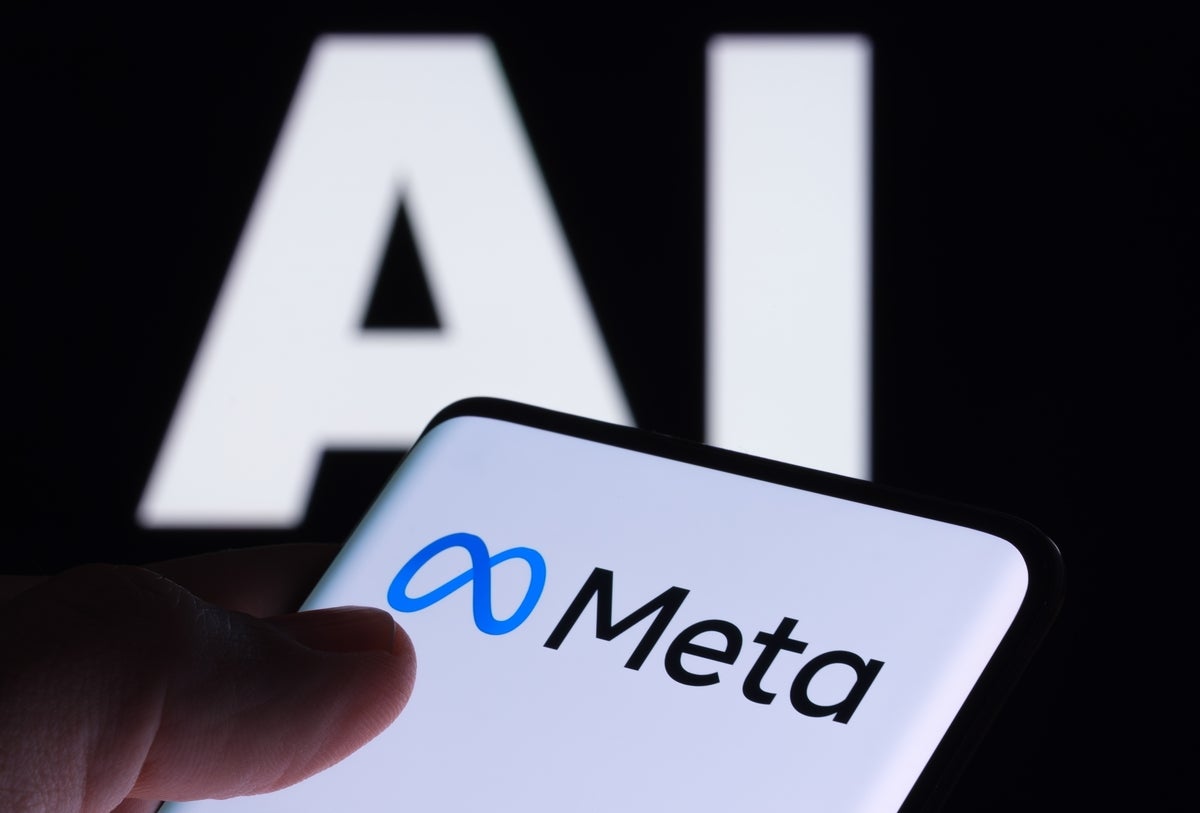Facebook parent Meta this week rolled out plans for various chatbots for US consumers that are embedded into specific applications, including WhatsApp, Messenger, and Instagram.
The new Meta AI bot, currently in beta, is powered by various iterations of Meta’s Llama 2 large language model (LLM). The difference between Meta’s LLM and OpenAI’s GPT 4 — the LLM behind ChatGPT — appears to be customization for application-specific purposes.
“I think the significant things about this announcement is they’re not using one general purpose model, so to speak,” said Gartner Distinguished Vice President Analyst Arun Chandrasekaran. “They’re creating multiple different models for different applications. For example, the Instagram user and use case is very different from a WhatsApp user and a WhatsApp use case.
“In a nutshell, they’re not really building a general purpose chatbot like what ChatGPT is,” Chandrasekaran said. “That’s one thing Meta is doing very differently.”
Meta
Meta AI’s chatbot will answer questions and engage in conversations on various topics.
LLMs used for generative AI tools can consume vast amounts of processor cycles and be costly to use. In fact, the semiconductor industry is currently unable to meet the needs of the fast-growing AI industry. (Smaller, more industry- or business-focused models can often provide better results tailored to business needs.)
Meta does have a general-purpose Llama LLM, with more than 400 billion parameters. But a white paper published with the launch of the Meta AI chatbot notes there are smaller 7 billion- and 13 billion-parameter models, among others. The fewer the parameters, the more efficient and customized an LLM can be without placing additional strains on server CPU cycles.
“There is negligible GPU memory overhead…,” Meta said in the white paper when referring to training its models.
Along with providing textual responses, the Meta AI chatbot can also access the Bing search engine for real-time information it can use to generate “photorealistic” images from text-prompts to share during chats. For example, if a group chat is discussing which trailhead to try in Santa Cruz, CA, Meta AI could automatically bring up options in the chat, allowing members in the group to explore locations, according to Meta.
Meta also created 28 AI-powered chatbots that are played by celebrities and cultural icons such as Snoop Dogg, Tom Brady, Kendall Jenner, Paris Hilton and Roy Choi. The celebrity chatbots can offer tips on physical training, culinary suggestions, DIY help or — in the case of former NFL quarterback Tom Brady (whose chatbot character is called “Bru”) — be a wisecracking sports debater “who pulls no punches.”
Meta plans on adding new chatbot characters in the coming weeks played by Bear Grylls, Chloe Kim, Josh Richards, and others.
Meta
Meta also created 28 AI-powered chatbots that are played by celebrities and…
2023-09-29 08:00:08
Article from www.computerworld.com rnrn

















